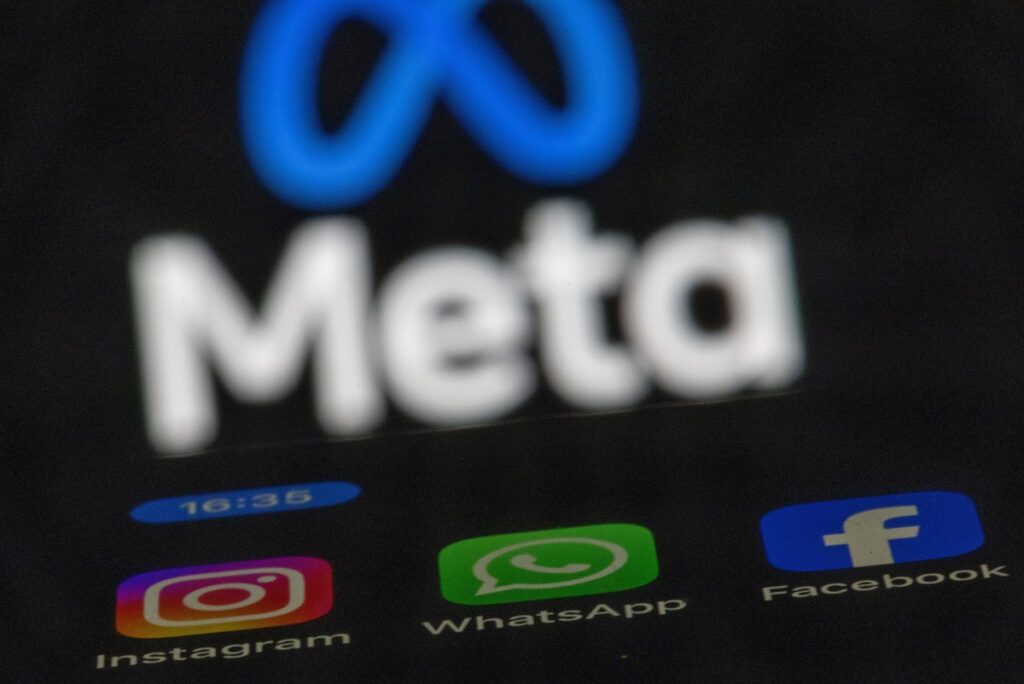Meta Ends U.S. Fact-Checking Program: Implications and Insights
Starting Monday, Meta Platforms Inc. will eliminate its U.S. fact-checking operations, as confirmed by Joel Kaplan, the company’s Chief Global Affairs Officer. This decision marks a significant departure from the company’s previous content moderation strategies.
Background on the Policy Change
The announcement regarding the suspension of fact-checkers was made in January, coinciding with a relaxation of content moderation guidelines. The introduction of this policy change has heightened discussions surrounding the balance between free speech and the potential spread of misinformation.
The Timing and Context of the Change
Critics of the timing have noted that this shift aligns with significant political events, including the inauguration of President Donald Trump, to which Meta’s CEO, Mark Zuckerberg, contributed a substantial donation of $1 million. Further complicating the narrative, Dana White, known for his close ties to Trump as the CEO of UFC, joined Meta’s board of directors around the same time.
Zuckerberg remarked that the recent elections symbolize a “cultural tipping point” that favors free expression, suggesting that the moderation policies should reflect this shift.
Impact on Marginalized Communities
Despite the push for more open commentary, there are concerns regarding the content that will proliferate as a result of these changes. Meta’s updated guidelines indicate that statements regarding certain aspects of mental health, particularly concerning gender and sexual orientation, may now face less scrutiny. This raises important questions about the implications for marginalized communities whose voices might be undermined in the name of free speech.
Adoption of New Moderation Models
Meta is transitioning toward a community-driven model of moderation, similar to Community Notes on Elon Musk’s platform, X. This approach entails a shift of responsibility for content oversight partially to user communities, rather than relying solely on professional fact-checkers. Kaplan stated that “the first Community Notes will start appearing gradually across Facebook, Threads & Instagram,” which will not incur penalties for users.
Concerns About Misinformation
As Meta implements these changes, instances of false information are reportedly on the rise. A manager for a Facebook page who disseminated unverified claims about U.S. immigration policies voiced approval of the new direction, citing the cessation of fact-checking as a liberating change.
Kaplan previously expressed that the removal of certain content restrictions signifies a move towards acknowledging discussions prevalent in public forums, such as congressional settings. He stated, “It’s not right that things can be said on TV or the floor of Congress, but not on our platforms.”
Conclusion
Meta’s decision to dismantle its fact-checking initiative in the U.S. demonstrates a notable shift in content moderation philosophy, prioritizing user engagement over stringent regulation. This evolution raises critical questions about the future landscape of information sharing and the responsibility of social media platforms in combating misinformation while fostering open dialogue.


